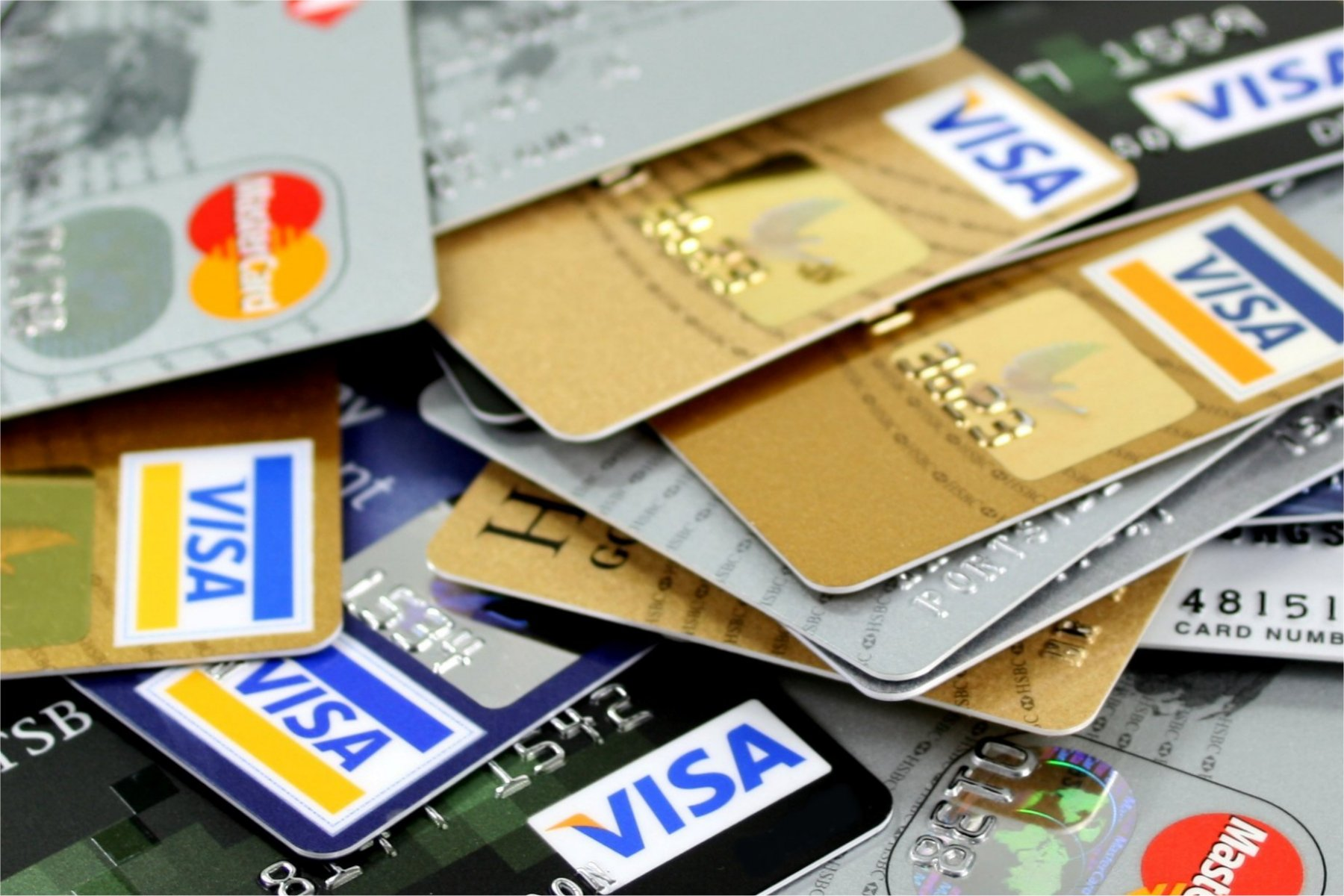Credit Card Maintenance:8 Tips

Credit cards make payments convenient since you don’t have to bother carrying cash around. And they also get you rewards during payments. However, your credit card usage habits directly impact your credit score.
Credit scoring models like FICO and VantageScore 3.0 closely track credit card activity during credit score calculation. The credit scoring models use your credit card activities to know the risk you pose to lenders.
Payment history, especially on-time payment, accounts for 35% of credit score. And if you pay your credit card debts on time, you can qualify for more credit at lower interest rates. Good credit is a crucial way of grabbing opportunities and overcoming hurdles.
But, your credit card behavior can build or destroy you. Good credit behavior like on-time payments can improve your credit score. But, spending almost the whole credit limit or irresponsibly getting more credit cards can lower your credit score.
Knowing its value, you should be careful about maintaining your credit card to keep an excellent credit score. Let’s look at credit card maintenance tips you can apply to ensure it builds rather than hurt you.
1.Know the Terms of the Credit Card
The cliche motto that most people live by, “what you don’t know doesn’t hurt you” does not apply to credit cards and finance. You must know all the disclosures and terms in the credit card customer agreement. It makes you understand the due dates, interest rates, fees, penalties and extra information.
2.Clear Bills On Time
Remember that your payment history significantly influences your credit score when done with the agreement terms. All your payments should be made on time, anytime and every time. Any missed or late payments on your credit card go beyond affecting your credit score. It increases interest rates and penalty fees, too.
And the compiling debts undermines effective payments of other bills on time. The ripple effect will end up lowering your credit score. You should always aim for an excellent credit score 850 to attract more cheap credit and other benefits. Consider automating some of your payments or setting reminders to stick to timely payments.
3.Try Using Only 30% or Less of Credit Limit
Understandably, you took the credit card to use it. But, do so sparingly because how you use it impacts your credit score. Using the absolute limit negatively affects your score. Using lower than the credit limit is an automatic way of keeping your excellent credit score.
Well, you can also consider it as a credit repair DIY tip. The rule of thumb is to use only 30% of the credit limit. A lower credit utilization ratio below 30% is even better for your credit score. For example, for a $1000 credit card, using $500 or more will negatively impact your score. Go for $300 or lower.
4.Make Full Payment or Slightly More than Minimum
Sticking to your credit card’s minimum payment terms helps you avoid penalties. It marks your account as healthy. Unfortunately, interest is always charged on the available balance. So, the larger the balance, the higher the interest rates.
The accumulating interest on each pending monthly balance can get harder to pay off. If possible, pay more than the minimum or clear the monthly credit card bill in full. You will eliminate the expensive interest charges.
5.Avoid New Opening New Credit Cards
New credit cards lower your credit score. New credits affect 10% of your credit score. Also, your score will drop for every credit application that needs hard inquiry. So, the more the hard inquiries, the more the credit score takes hits. If possible, avoid new credit card applications to protect your score.
6.Diligently Monitor Your Monthly Statements and Credit
Do not ignore any credit card statements, whether mail or online. It is a sound way of keeping up with your expenditure and knowing where the money goes. It can help you mark any suspicious transactions that you did not authorize. It protects you from bad credit scores and fraud.
Inform your credit card issuer promptly when you spot suspicious transactions. Missing such information can negatively impact your credit score. It is also advisable to periodically evaluate your credit reports annually or quarterly.
Going through your credit reports can also help you spot errors and suspicious transactions or information. As an American citizen, you are entitled to free annual credits reports from Experian, Equifax or TransUnion. You may also visit online hubs, like annualcreditreport.com for a free credit report. You may need paid quarterly reports for detailed checking of small changes and errors.
So, ensure your credit card statements are clean of any suspicious or erroneous transactions. Getting your personal or business credit reports can help you with that.
7.Inform Authorities of Lost or Stolen Credit Cards Immediately
Do not be silent if you notice fraudulent or suspicious activities on your credit card transactions. You should report any lost or stolen credit card to law enforcement agencies and your credit card issuer.
Informing law enforcement agencies will make you not liable if the card is used at a crime scene. And your credit card issuer can help deactivate it to avoid it falling into the wrong hands. The sooner you report, the better it is quicker it is to stop fraudsters or thieves from spending your money.
8.Consider Credit Boosting Tools
Technology is making it possible to get a perfect credit score. Tools like Experian Boost report any positive payment history like utility or phone bills. If you are using a credit card to pay them or not, it can help improve your standing. The tool is free, and just a click away at your disposal.
You can engage cheap credit repair companies for complex credit card debts soiling your credit score. They will help you crawl out of it and improve your credit card usage behavior.
Take Away
Despite the convenience of using credit cards, careless use will take a hit on your credit scores. In short, they can determine your access to cheap or expensive credit or no credit at all. Your payment of credit card outstanding fees is explicitly used to calculate 35% of your credit score.
With this in mind, you can adopt better credit card maintenance using these highlighted tips. Understand the terms of service, pay on time, and use less than a third of the credit limit. Monitor your credit card transactions and report anything suspicious for security and credit score standing.





